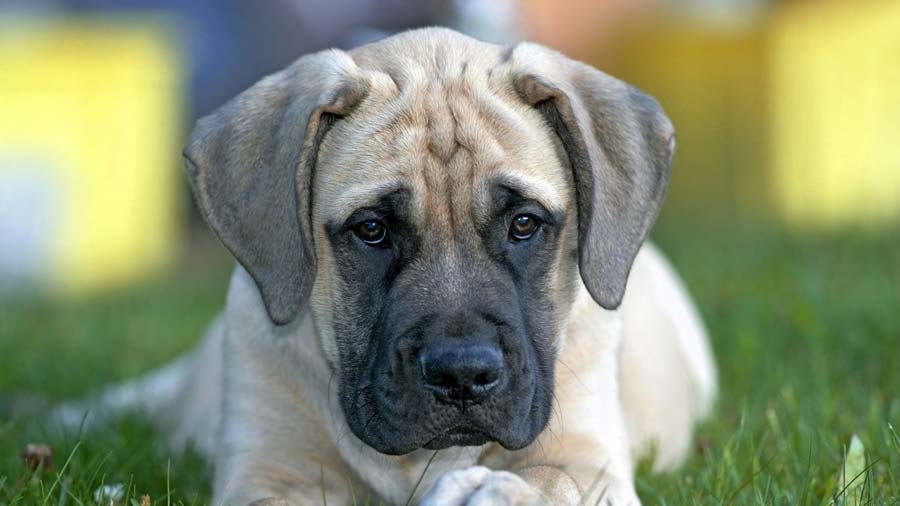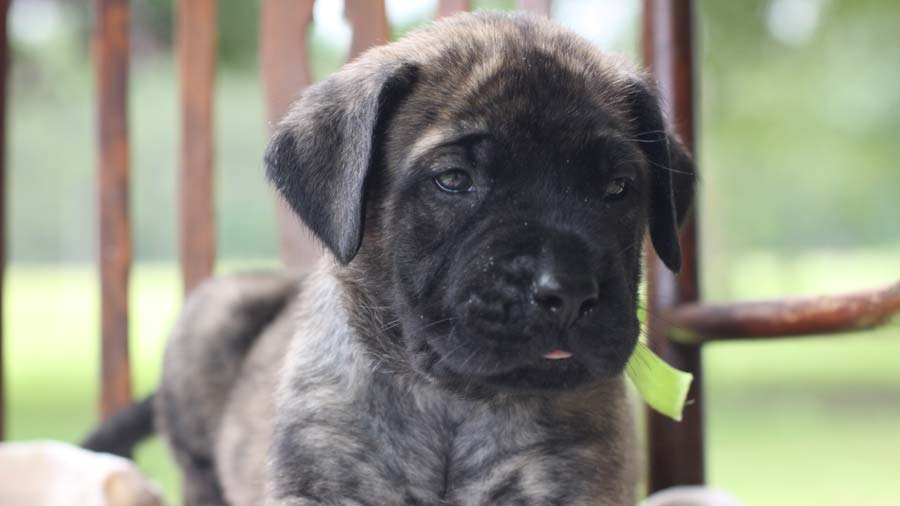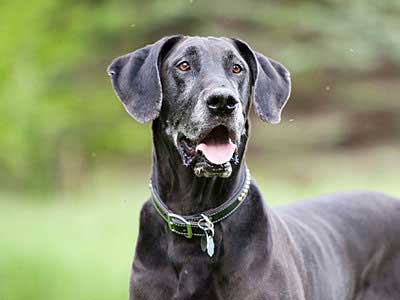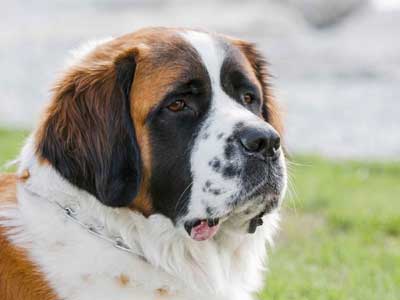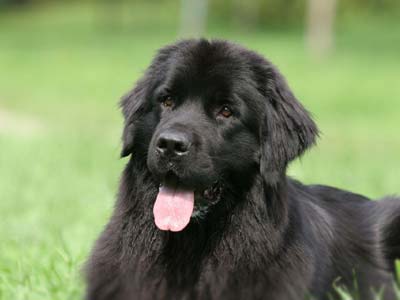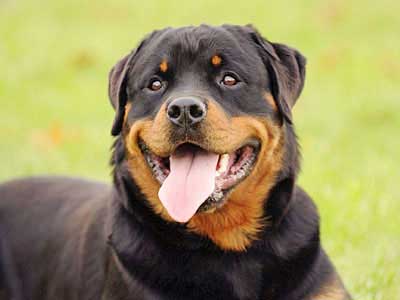Mastiff
Breed Information |
|
|---|---|
| Popularity |
2022: #37 2021: #35 2020: #33 2019: #32 2018: #29 2017: #28 2016: #28 2015: #25 |
| Name | Mastiff |
| Other names | English Mastiff, Old English Mastiff |
| Origin |  United Kingdom United Kingdom |
| Breed Group |
Working (AKC:1885) Guardian Dog (UKC) |
| Size | Giant |
| Type | Purebred |
| Life span | 10-12 years |
| Temperament |
Affectionate Alert Cheerful Courageous Intelligent Loyal Protective |
| Height |
Male: 30 inches (76 cm) Female: 27.5 inches (70 cm) |
| Weight |
Male: 150-250 pounds (68-113 kg) Female: 120-180 pounds (54-82 kg) |
| Colors |
Apricot Brindle Fawn |
| Litter Size | 3-5 puppies |
| Puppy Prices |
Average $1000 - $2000 USD Usually, the average price of a English Mastiff puppy from a reputable breeder is between $1,000 and $2,000, while a top-quality Mastiff puppy can cost as high as $3,500 and upward. Their price depends upon the pup’s age, sex, quality, pedigree, and breeder’s location. |
Breed Characteristics |
|
|---|---|
| Adaptability |
5 stars |
| Apartment Friendly |
3 stars The Mastiff will do okay in an apartment if it is sufficiently exercised. They are relatively inactive indoors and a small yard will do. |
| Barking Tendencies |
1 stars Occassional |
| Cat Friendly |
5 stars |
| Child Friendly |
5 stars Good with Kids: This is a suitable dog breed for kids. It is also very friendly toward other pets and shy toward strangers. |
| Dog Friendly |
3 stars |
| Exercise Needs |
2 stars |
| Grooming |
2 stars Low Maintenance: The Mastiff’s short coat is easy to care for. Brush it with a rubber curry brush at least weekly -- daily, if you want. The brush removes dead hairs that would otherwise end up on your floor, furniture and clothing. |
| Health Issues |
4 stars Hypoallergenic: No |
| Intelligence |
3 stars Ranking: #72 Full Ranking List |
| Playfulness |
2 stars |
| Shedding Level |
3 stars |
| Stranger Friendly |
3 stars |
| Trainability |
3 stars |
| Watchdog Ability |
5 stars Great Watchdog Ability: This dog will bark and alert its owners when an intruder is present. It exhibits very protective behavior, acts fearless toward any aggressor, and will do what it takes to guard and protect its family. |
Mastiff Names |
||
|---|---|---|
| Rank | Boy Names | Girl Names |
| 01 | Max | Bella |
| 02 | Sammy | Penny |
| 03 | Buddy | Gracie |
| 04 | Jack | Layla |
| 05 | Gizmo | Cookie |
| 06 | Murphy | Bailey |
| 07 | Oliver | Rosie |
| 08 | Harley | Abbie |
| 09 | Marley | Piper |
| 10 | Jasper | Callie |
| 100 Cute Puppy Names › | ||
Overview |
|---|
|
The massive Mastiff is heavy-boned with a powerful musculature, being slightly longer than tall. It combines great strength with endurance. Its power and strength are evident in its gait, which should have good reach and drive. Its double coat consists of a dense undercoat and a straight, coarse, outer coat of moderately short length. Its expression is alert but kindly. The overall impression should be one of grandeur and dignity. The mastiff is innately good-natured, calm, easygoing and surprisingly gentle. It is a well-mannered house pet, but it needs sufficient room to stretch out. This is an extremely loyal breed, and though not excessively demonstrative, it is devoted to its family and good with children. |
History |
|
The Mastiff (also known as the ‘English Mastiff’) is a British breed which descended from the Alaunt and other Molossers several thousand years ago. ‘Mastiff’ likely derives from the Anglo-saxon word ‘masty’, meaning ‘powerful’. The Mastiff’s ancient origins are with the Molossians, an early Hellenic tribe known for its powerful guard dogs. In Roman times, the Mastiff was employed as a war dog and fighter, pit in the Arena against gladiators, bears, and even elephants. By the Middle Ages, the Mastiff was a popular guard dog and hunter. Unfortunately, it was still forced to fight, matched up against bears, bulls, and lions in popular gambling dens. Many Mastiffs today descend from the Lyme Hall Mastiffs, a line beginning with Sir Peers Legh’s Mastiff, who protected him after he was wounded at the battle of Agincourt in 1415 (a stained glass window in Lyme Hall depicts Sir Legh and his Mastiff to this day). The Mastiff may have arrived in America on the Mayflower; it had certainly arrived by the 1800’s. Mastiffs decreased in popularity in England after bull-baiting, bear-baiting, and lion-baiting were outlawed, but grew in popularity in the U.S throughout the twentieth century, remaining a popular pet and guardian today. The charming character of the Mastiff has helped it find its way into popular culture. Famous fictional Mastiffs include ‘Hercules’ from ‘The Sandlot’ and ‘Kazak’ from Kurt Vonnegut's ‘The Sirens of Titan’. |
References
- [1] ^ YouTube: English Mastiff - Top 10 Facts
- [2] ^ YouTube: The 10 Biggest Mastiff Dog Breeds
